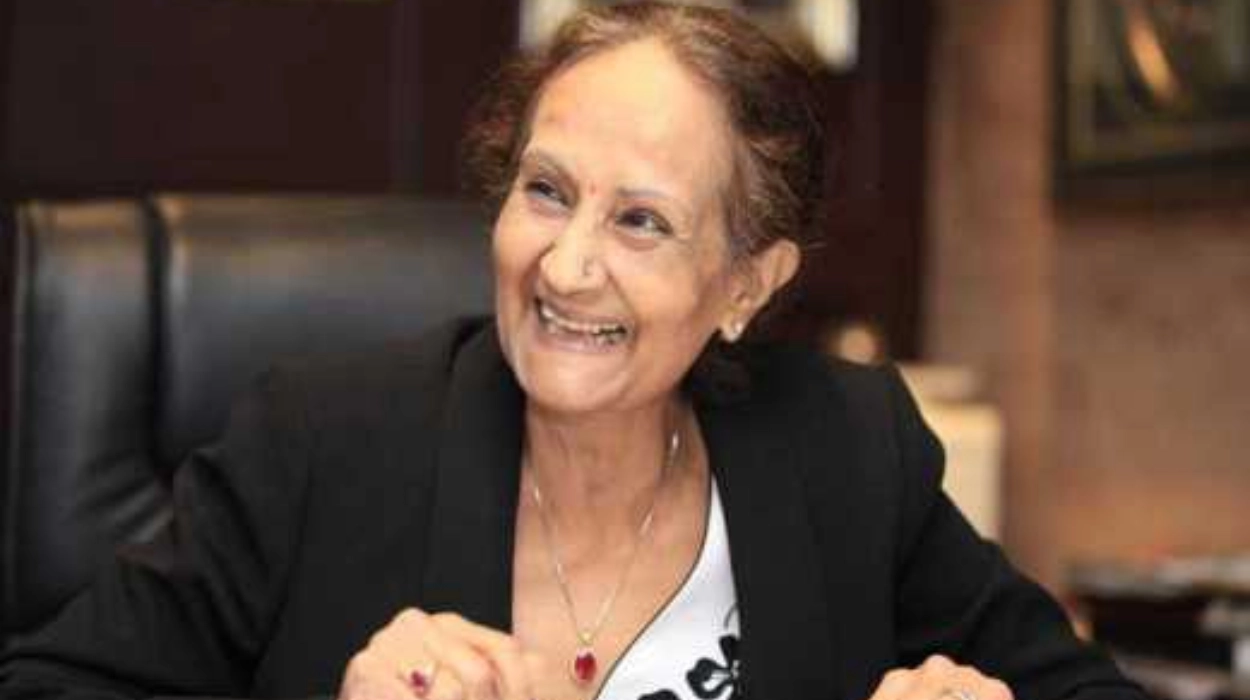Kalpana Rawal’s name appearing in the ICIJ Offshore Leaks database highlights the complex intersection of offshore finance, wealth secrecy, and public accountability. While she has denied active involvement in offshore companies linked to her family, her case prompts a critical examination of how public figures and the wealthy navigate offshore structures to hold assets, raising transparency concerns.
Offshore Finance and Tax Havens: A Brief Overview
Offshore finance involves the use of jurisdictions commonly known as tax havens to register companies, foundations, or trusts, primarily for tax minimization, asset protection, and confidentiality. These tax havens offer legal frameworks with minimal tax rates and high secrecy levels, enabling individuals and corporations to obscure ownership and control, often complicating regulatory or legal oversight.
The ICIJ Offshore Leaks Database and Kalpana Rawal
The International Consortium of Investigative Journalists (ICIJ) Offshore Leaks database is a global public resource that exposes the identities behind more than 800,000 offshore entities. It offers critical insights into shadow financial networks used worldwide.
Kalpana Rawal, former Deputy Chief Justice of Kenya’s Supreme Court, is listed in connection with several offshore companies registered in the British Virgin Islands—one of the most popular offshore financial centers due to its stringent confidentiality and tax advantages. These companies were reportedly involved in purchasing and selling high-value real estate in London and Surrey.
Offshore Companies Linked to Kalpana Rawal’s Family
Records reveal multiple transactions involving family-linked offshore companies:
- Montague Real Estate SA purchased a London flat in 2004 for $1.12 million and sold it in 2006.
- Innovate Global Limited bought a Surrey house for $2.74 million and a London apartment initially for $967,000, sold later for $1.62 million in 2013.
- Arklyn International Limited acquired two London apartments in 2005, sold in 2011 and 2012 for $2.23 million and $2.15 million respectively.
These transactions illustrate the significant wealth channeled through offshore vehicles, facilitating large-scale asset management with reduced tax obligations and enhanced anonymity.
Public Accountability and Judicial Ethics
As a high-ranking judicial figure involved in Kenya’s legal system, Rawal’s connection to offshore companies raises questions about the ethical implications and transparency expected of public officials. Offshore ownership can potentially mask conflicts of interest, obscure full asset declarations, and create loopholes for hidden wealth accumulation.
Rawal explicitly stated she had no direct involvement in these businesses, asserting her role as a nominal director was without her knowledge and initiated by her husband. Regardless, the optics of such affiliations can undermine public trust, particularly in countries where judicial integrity is pivotal to governance.
Global Context: Offshore Finance and Systemic Risks
According to the IMF and World Bank, offshore financial centers contribute significantly to global financial opacity, facilitating tax base erosion in developing countries and enabling illicit financial flows. Estimates suggest up to $10 trillion in wealth may be hidden offshore globally, depriving governments of vital tax revenues needed for public services and development.
Watchdog reports reveal how offshore secrecy benefits the wealthy elite while increasing inequality. Public officials implicated in such networks ignite debate on regulatory rigor and reforms urgently needed worldwide.
The Bigger Picture: Transparency, Reform, and Enforcement
Cases like Kalpana Rawal’s spotlight systemic challenges:
- Ownership Transparency: Many offshore jurisdictions allow nominee directors and shareholders, enabling concealment of ultimate beneficial ownership.
- Regulatory Gaps: Enforcement agencies often struggle with cross-border investigations into offshore holdings due to legal barriers and secrecy.
- Ethical Standards: Public officials face heightened scrutiny; undisclosed offshore assets can result in conflicts of interest or corruption allegations.
- Global Efforts: Initiatives like the OECD’s Common Reporting Standard (CRS), the Financial Action Task Force (FATF), and increased beneficial ownership registers seek to enhance transparency and accountability.
Kalpana Rawal as a Window into Financial Secrecy
Rawal’s offshore connections provide a cautionary tale of how even respected public figures can be involved in complex offshore structures. Whether through involuntary listing or active participation, the opaque nature of these assets undermines the principles of public accountability.
Her case illustrates the ongoing tension between private wealth management strategies and the public’s right to transparency, especially for those entrusted with upholding justice. It underscores the urgent need for stricter disclosure norms, judicial ethics reforms, and international cooperation to dismantle financial secrecy that erodes trust and deprives societies of equitable resources.


